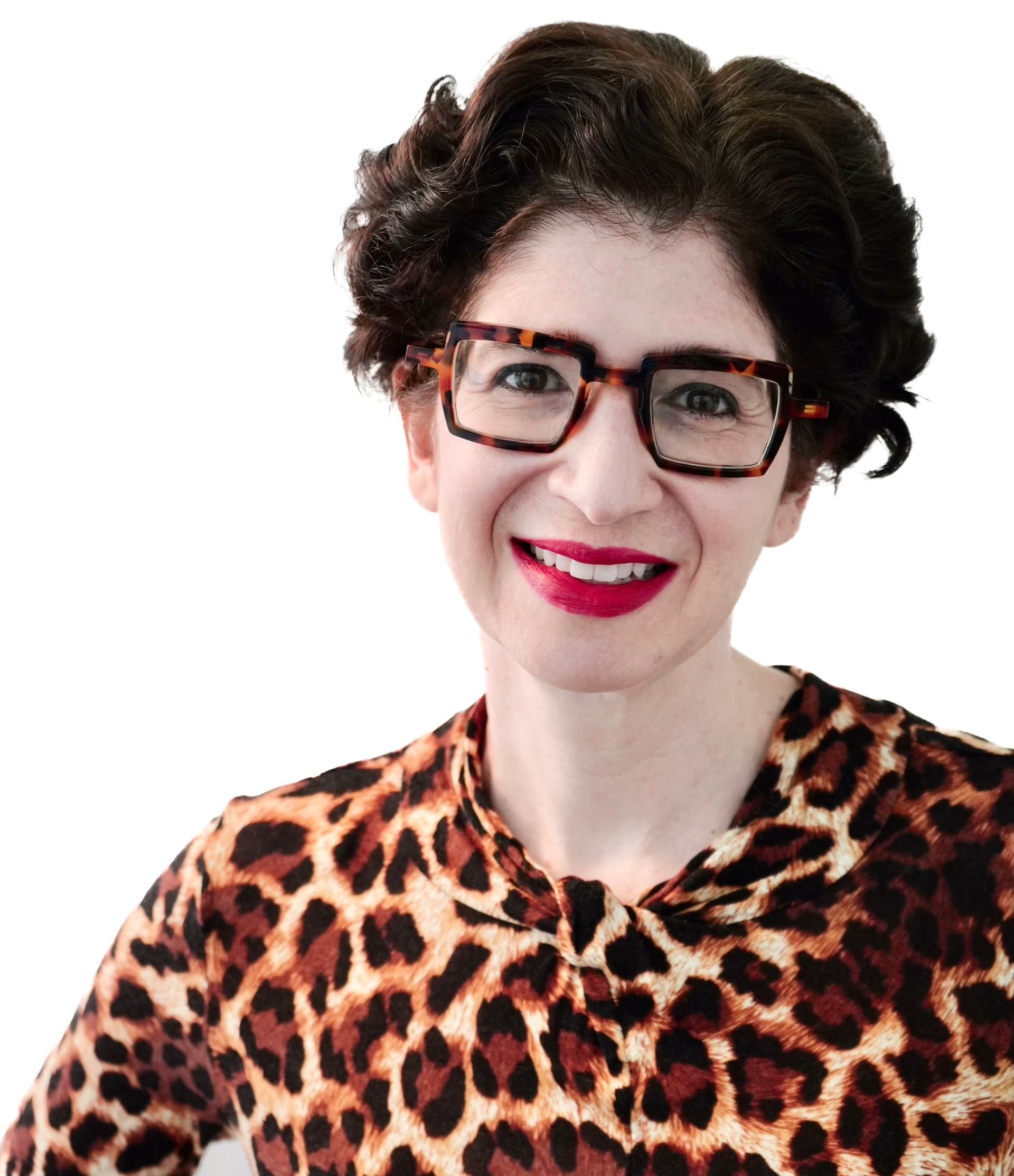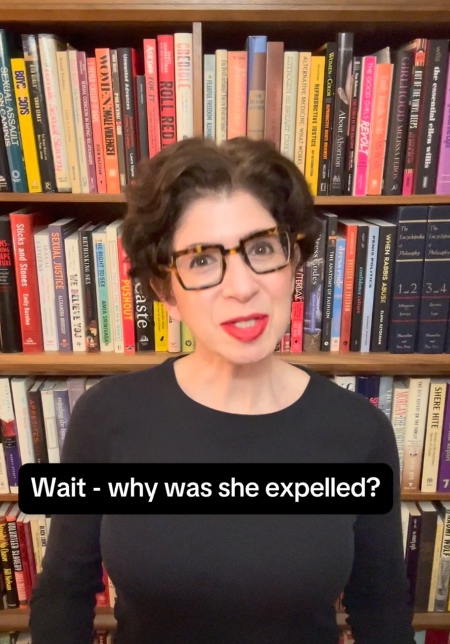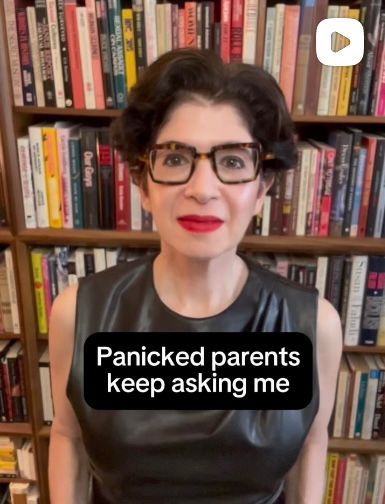Slut-shaming matters because when people are dismissed as sluts, hoes, and thots, they are denied care and compassion as human beings and in a variety of situations, including when they are sexually harassed, sexually assaulted, victimized by image-based sexual abuse ("revenge porn" and "deepfakes"), and need an abortion.
The Latest on Slut-Shaming + Bodily Autonomy
March 18, 2025
Pharmacy doctoral student Kimberly Diei was expelled from the University of Tennessee. Was she caught plagiarizing, cheating on an exam, harassing a student? No. Diei was told she was being disciplined because her social media posts, which included photos of her wearing tight, cleavage-baring dresses and sexualized rap lyrics, were “vulgar” and “crude.”
To Diei, her selfies and captions were “sex-positive,” had nothing to do with her status as a student, and were created for an audience of Black women like herself. “I use words and phrases common amongst our community,” she said, adding that if her posts “have a sexual aspect,” the reason is that she is a “sexual being.”
Diei, now a practicing pharmacist, sued the university for violating her right to freedom of speech. Her expulsion was reversed, and she has now settled with the university for $250,000.

In my observation, parents, more than university administrators, are the ones who tend to express alarm over young women’s sexy selfies. They worry their daughters' sexy selfies carry reputational risk with potential professional repercussions. So I was refreshed to discover that to Diei, "her comfort with her own sexuality has been an asset" for her work as a pharmacist. She explained to The New York Times, "Viagra, that’s a very, very big seller ... Sexual lubricants, condoms, all of that. I can’t say every day somebody’s asking me about sexual products, but it’s fairly frequent across the age range.”
Imagine that: Being comfortable with her sexuality makes her
better at her job—a job that her university wanted to take away from her because she's comfortable with her sexuality.
Are sexy selfies good for women? It's complicated. In Sexy Selfie Nation, I explore the negative consequences of feeling pressured to share sexy selfies and having these images circulated, with or without consent, in a public digital space. I don't want to give the impression that they are unambigiously beneficial, as that is not true for many people.
But there is value for many young people in posing for the camera. Controlling the frame enables many to shape an identity of confidence and autonomy.
“I knew what was happening was unfair,” Diei said. “Personally, I never felt shame. But I did not appreciate the fact they were wanting me to feel shame.”
Why did I write Sexy Selfie Nation?
It started with panicked parents. In this reel, I explain.
“Boys will be boys, and girls will be sluts.” — Leora Tanenbaum
Want to learn the difference between a compliment and a creepy comment?


